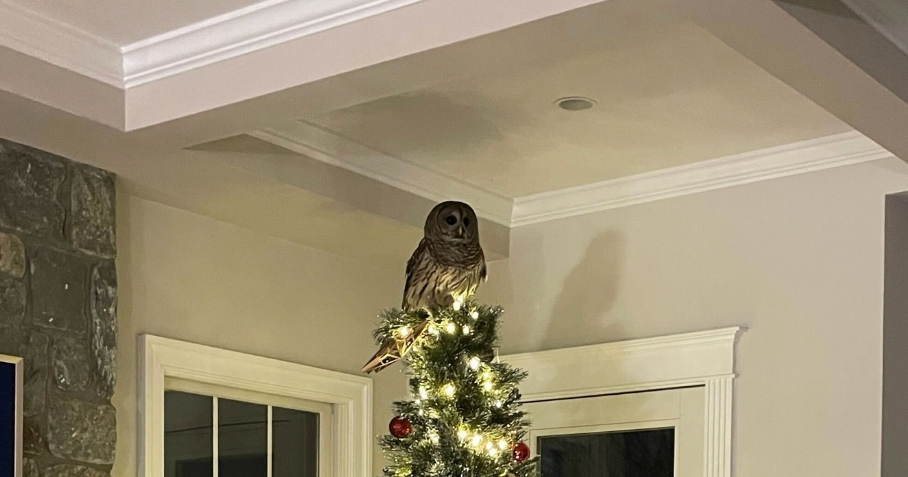Invasive iguanas are wreaking havoc in Florida. Now authorities are urging locals to kill them.
The population of invasive green iguanas in Florida is increasing exponentially, and authorities want locals to do something about it. Residents are being encouraged to kill the animals "on their own property whenever possible."
The state Fish and Wildlife Conservation Commission released a statement asking homeowners for their help in tackling the species, which are not native to Florida but thrive in its climate. Residents are encouraged to kill the animals on their property and on 22 public land areas across the state.
Green iguanas are considered to be invasive based on the damage they have caused to seawalls, sidewalks and landscape plants. They do not pose a threat to humans and can be kept as pets in Florida.
"Green iguanas can cause damage to residential and commercial landscape vegetation, and are often considered a nuisance by property owners," the statement said.
Because green iguanas are not protected in Florida — except by anti-cruelty law — homeowners do not need a permit to kill them on their own property. The statement does not specify how the iguanas should be killed, but it does say that trapped ones can be euthanized in some cases.
Green iguanas are native to Central America, tropical parts of South America and some eastern Caribbean islands. Females can lay nearly 80 eggs per year, and the animals can live up to 10 years in the wild.
PETA wrote a letter to state officials Friday urging them to more effectively regulate the possession of green iguanas. The animal rights organization said that, if authorities want to continue telling the public to kill iguanas, they should properly inform them of the most humane methods to do so.
"This cruel and ineffective advice sentences iguanas to painful deaths at the hands of people who are wholly unprepared to end the animals' lives humanely," PETA Foundation VP and Deputy General Counsel Lori Kettler told CBS News in a statement. "PETA is calling on Florida officials to withdraw this call to kill immediately and to take logical, sensible regulatory steps to reduce the iguana population statewide."
Green iguanas aren't the only invasive species whose populations are growing exponentially in Florida. The conservation commission recently announced its "Python Action Team" had captured its 500th invasive Burmese python from the wild, a "significant milestone for this program."
Climate change is greatly exacerbating the threats posed by invasive species. Until now, many invasive species have been limited from spreading by environmental factors like temperature and humidity. But climate change threatens to open up new territory for foreign flora and fauna to take over.




